On October 14, Chinese phone brand Vivo released its latest annual flagship series, the Vivo X200. The Vivo X200 series includes three models: the X200, X200 Pro, and X200 Pro mini, each equipped with top-notch cameras developed in partnership with Zeiss and powerful MediaTek Dimensity 9400 processors. The Vivo X200 Pro is available in blue, white, black, and titanium. TechNode was given a titanium X200 Pro to test for two weeks, and here are our detailed impressions.
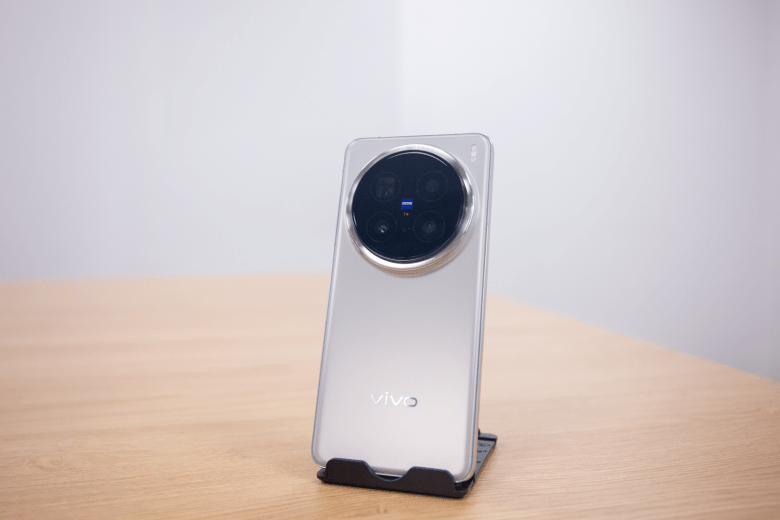
Distinctive design with protruding camera module may affect comfort
The Vivo X200 Pro features an equal-depth four-curve flat screen design with a frosted AG glass back. The rear camera module includes a triple-camera setup, with Zeiss T* coating on the lenses to enhance anti-glare capabilities. It is equipped with a 6.78-inch curved OLED display, featuring a resolution of 2,800 x 1,260 and supporting an adaptive refresh rate ranging from 1 to 120Hz.
The device measures 162.36mm in height and 75.95mm in width, and thickness and weight vary slightly depending on the color. The blue, titanium, and white versions are 8.49mm thick and weigh 228g, while the black version is 8.20mm thick and weighs 223g. For users who hold their phones for extended periods, these weights may lead to some fatigue.
Notably, the rear camera protrudes from the phone body, which some users may feel makes it uncomfortable to hold. While this design improves the camera’s image quality, it compromises on comfort, and is especially noticeable during mobile gaming. If you prefer a comfortable grip, it’s recommended to use a phone case to reduce this discomfort and also protect the camera.
Stunning imaging capabilities
For its imaging system, the Vivo X200 Pro is the first to feature the jointly developed LYT-818 large CMOS sensor by Vivo and Sony, which combines with Vivo’s own algorithm to enhance the detail processing capabilities of the phone’s images. Notably, the 200MP telephoto lens, with its 1/1.4-inch large sensor and f/2.67 large aperture, supports CIPA 4.5-level stabilization. Whether wide-angle or telephoto shots, it performs with ease.
At the main sightseeing point on the Bund in Shanghai, where you can view the Oriental Pearl Tower, the Huangpu River is around 400 meters wide. Photo 1 captures the view of Lujiazui from the Bund across the river under normal shooting conditions, while Photos 2 and 3 show the details of the Shanghai International Convention Center and The Museum of Art Pudong magnified around 30 times. The incredible clarity is evident in these photos. If users attend a concert, the model can zoom in 100 times to easily capture clear photos of the performers on stage.
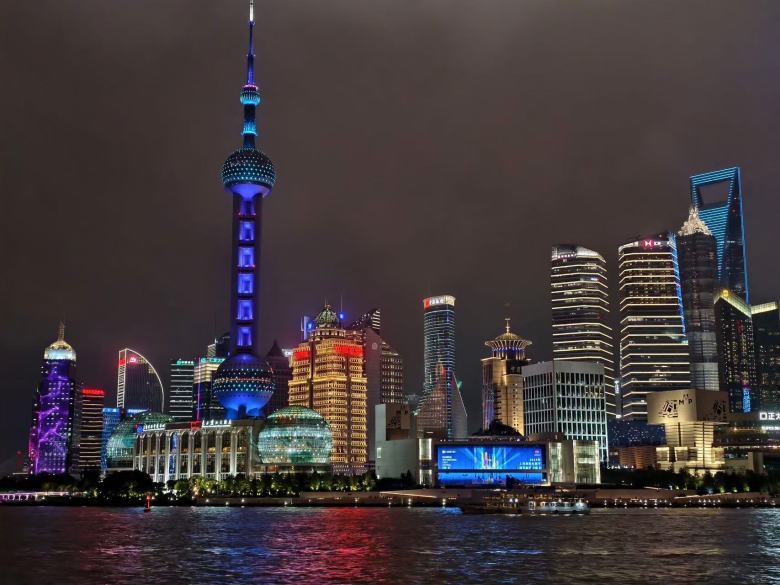
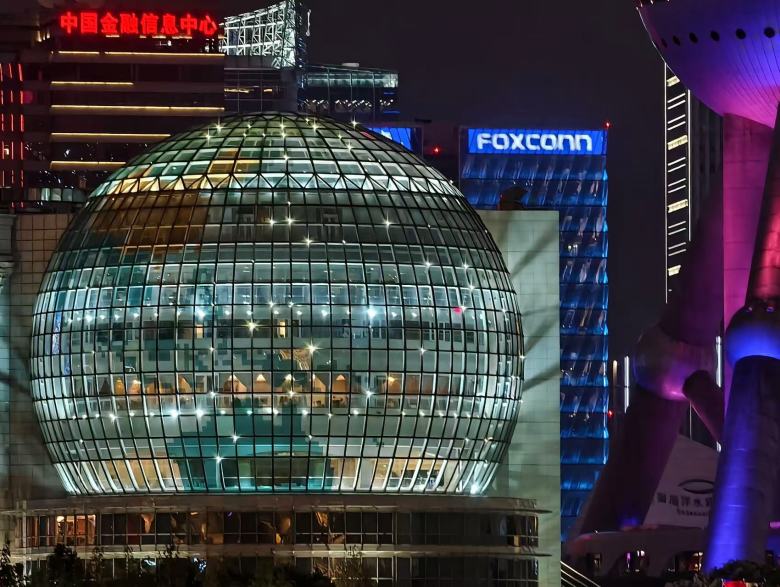
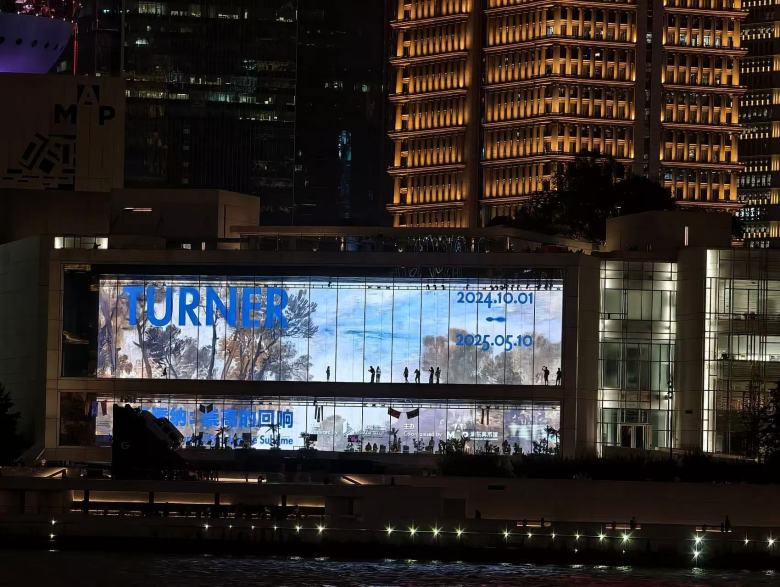
Here is a set of photos of Jing’an Temple in Shanghai taken on a cloudy day. We can see that the photographic effects are really impressive.
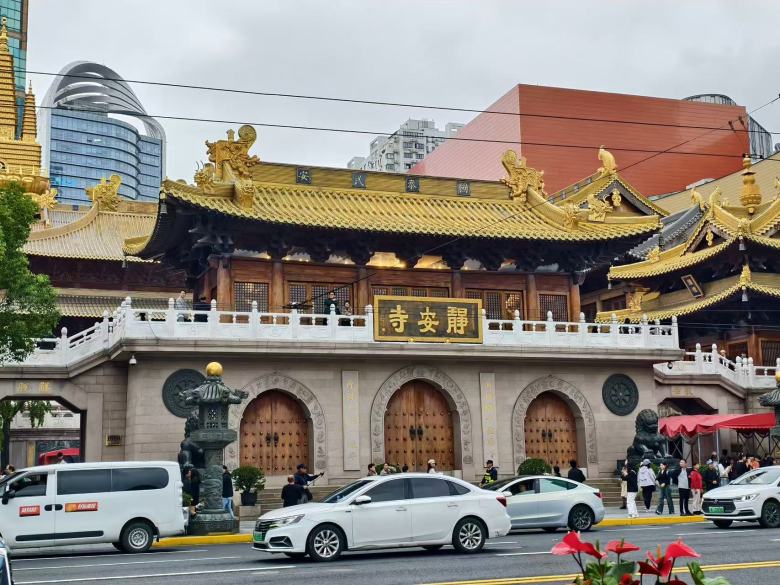
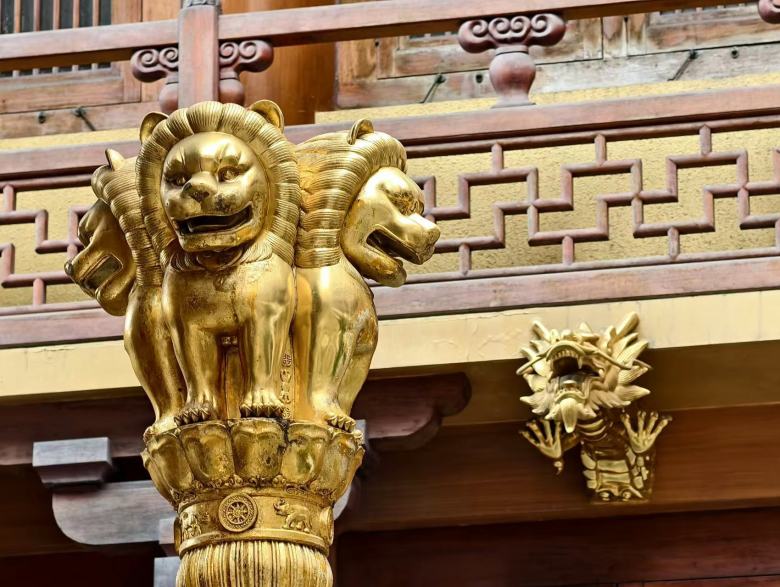
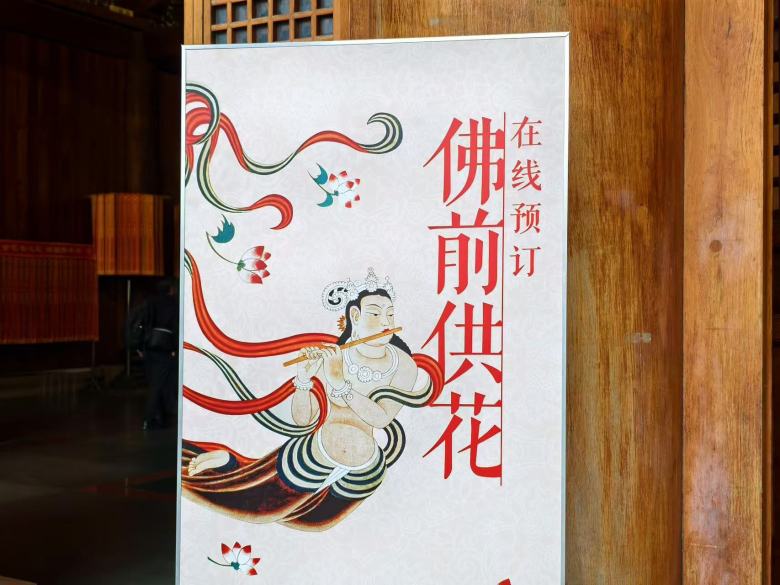
The X200 Pro is equipped with multiple portrait modes at different focal lengths, including 85mm and 135mm. The 85mm focal length is suitable for capturing standard portraits, showcasing natural background blur and emphasizing the subject. The 135mm telephoto portrait mode further enhances spatial perspective and compression effects that bring the subject closer to the background. Below is a portrait photo taken on the streets of Shanghai using the 85mm focal length.

In night mode, the camera can achieve a high level of noise control. Here is a night view of a large screen on the Shanghai Bailian Building.

While flare is commonly seen in camera and smartphone photography, its occurrence during everyday use is rare and typically happens under specific lighting conditions. Although it wasn’t observed during our testing, some online users have reported flare issues after the phone’s release.
Huang Tao, Vice President of Vivo, responded to this issue on Chinese social platform Weibo, explaining that the larger aperture and increased light intake may cause a flare in some cases. He assured users that an OTA software update would be rolled out soon to ease these concerns. And Vivo plans to offer custom accessory optimization solutions for those who need them.
MediaTek Dimensity 9400 chipset, smooth gaming and fast charging
The X200 Pro is equipped with the MediaTek Dimensity 9400 chipset, which is the world’s first second-gen 3nm all-large-core chip. In gaming tests with high-load mobile games like Genshin Impact, the phone maintained an average frame rate near 60 frames per second, with no frame drops, stuttering, or automatic brightness reduction issues.
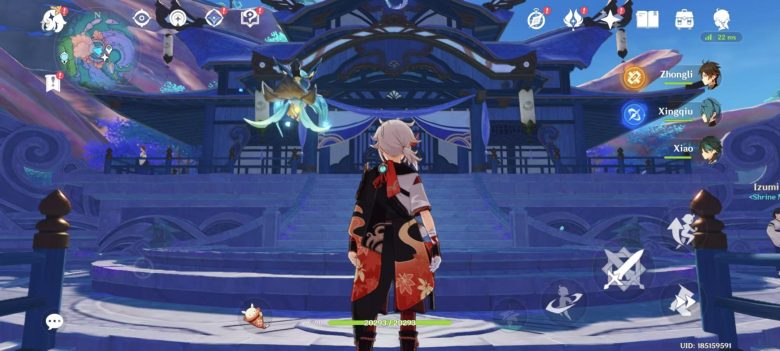
The device features a 6,000mAh battery that easily meets daily usage needs. The phone supports 90W wired fast charging and 30W wireless charging, and according to tests, it can be fully charged in about one hour. The X200 Pro is priced between RMB 5,299 ($745) and RMB 6,799 ($956), depending on the storage configuration.
Conclusion
The Vivo X200 Pro is an ideal option for photography enthusiasts. While its protruding camera module design and slightly heavier weight may pose comfort challenges, the advanced camera features justify its premium price, positioning it as a strong contender in the flagship smartphone market.
Pros
- Distinctive design
- High-quality display
- Impressive camera system with a 200MP telephoto lens
- Powerful gaming performance
- Long battery life and fast charging
Cons
- Protruding camera module may cause discomfort
- Not a lightweight choice
- Camera flare concerns

